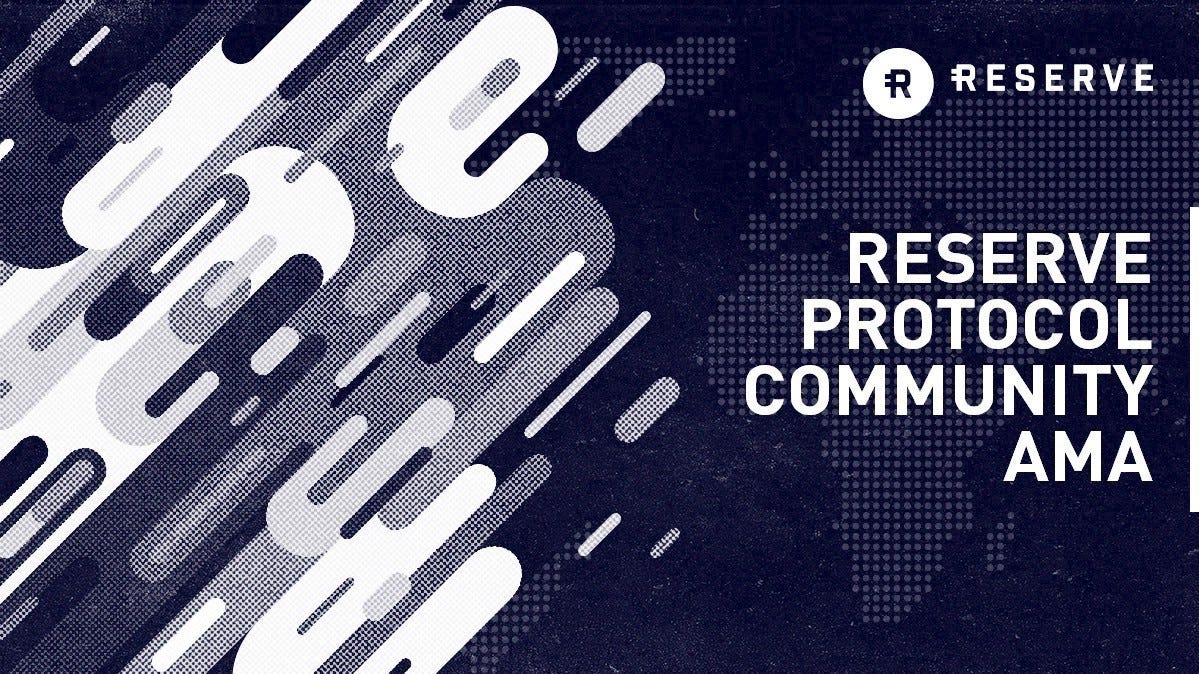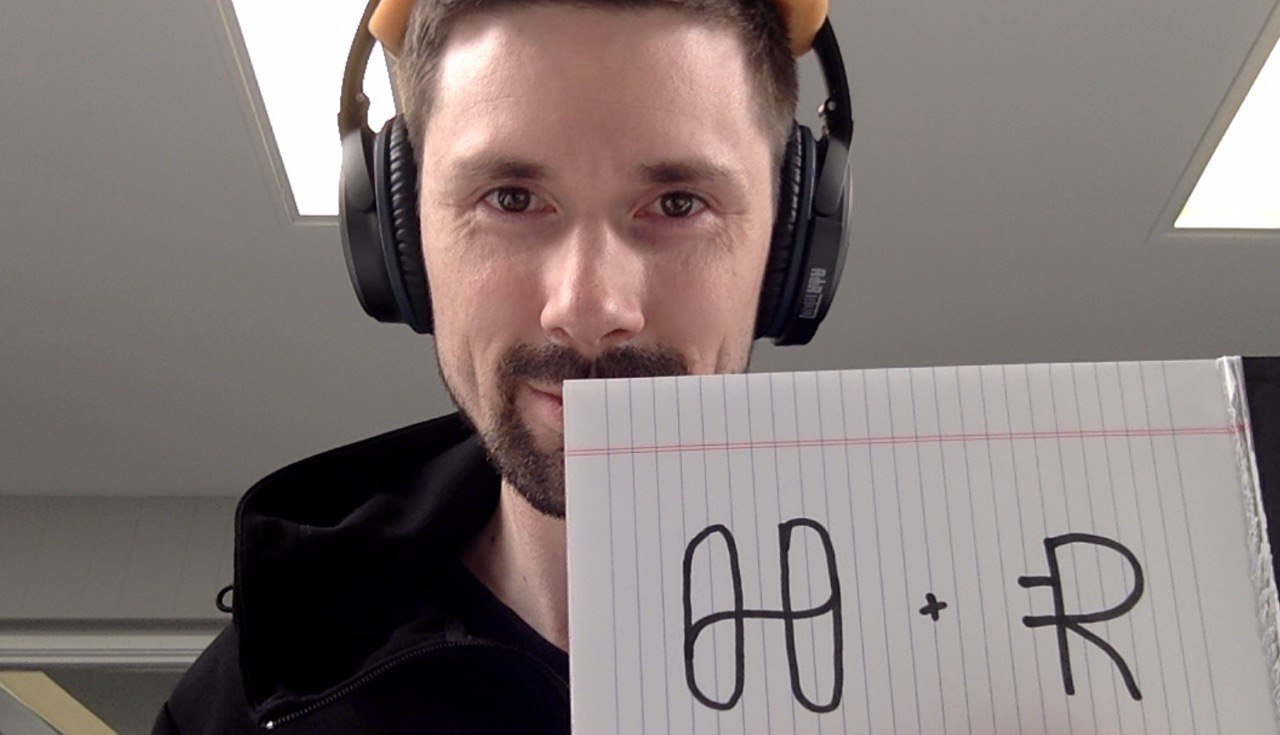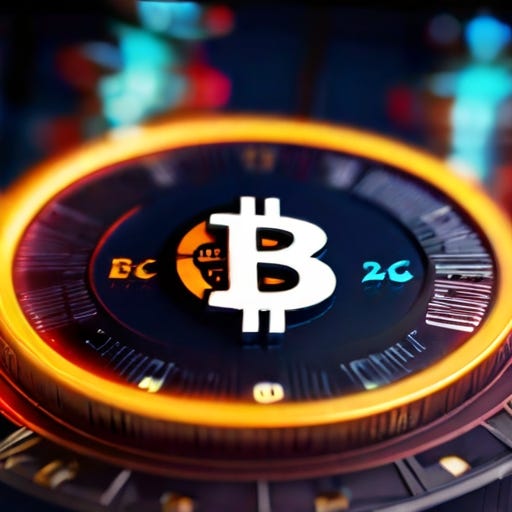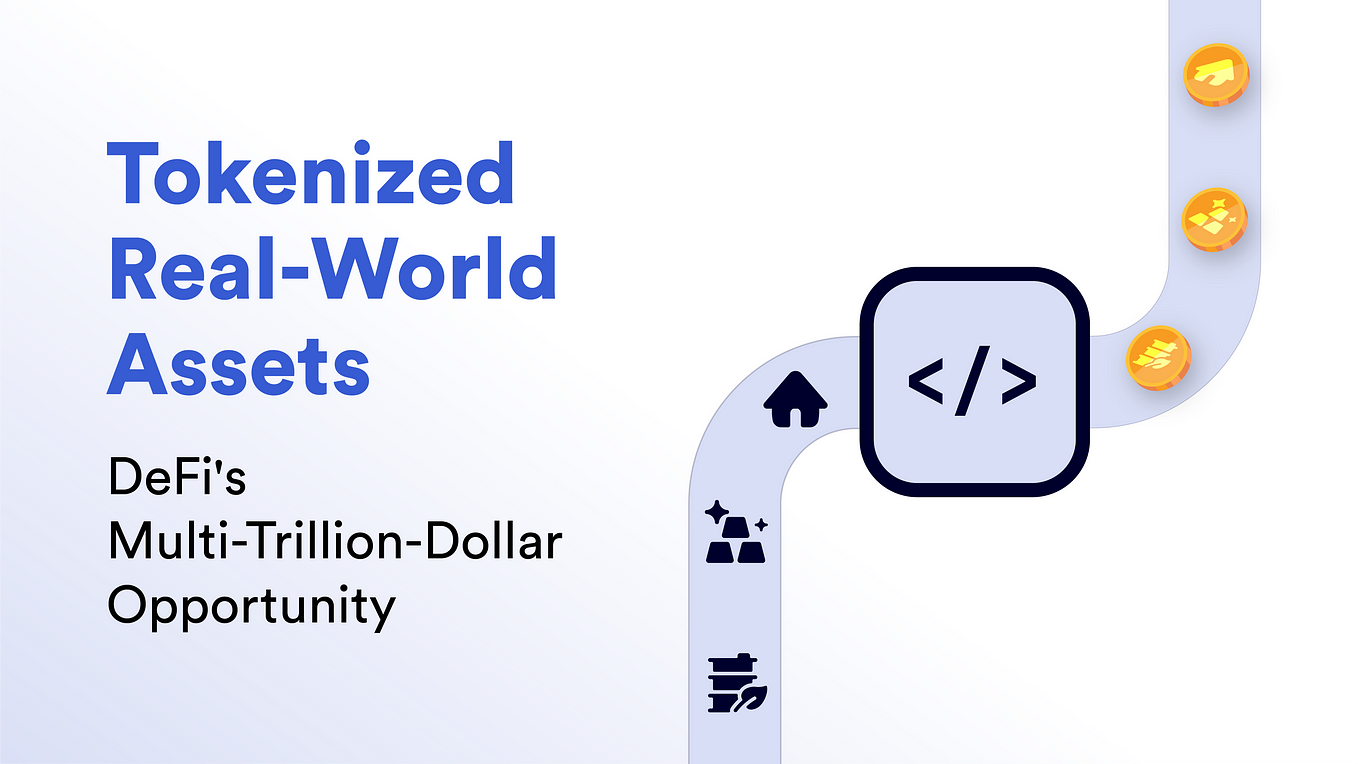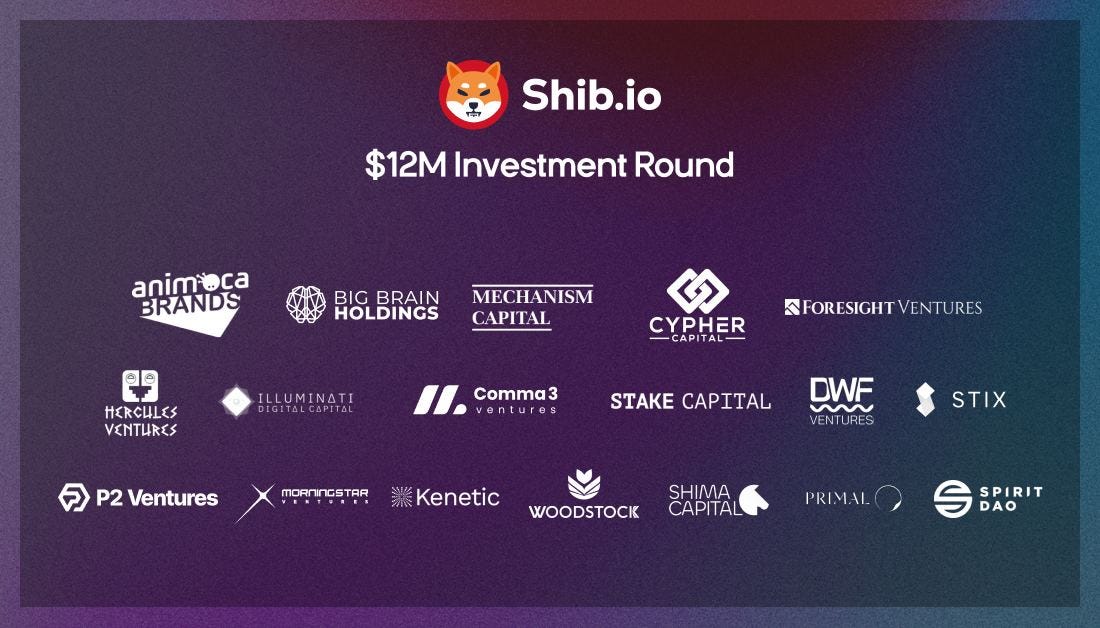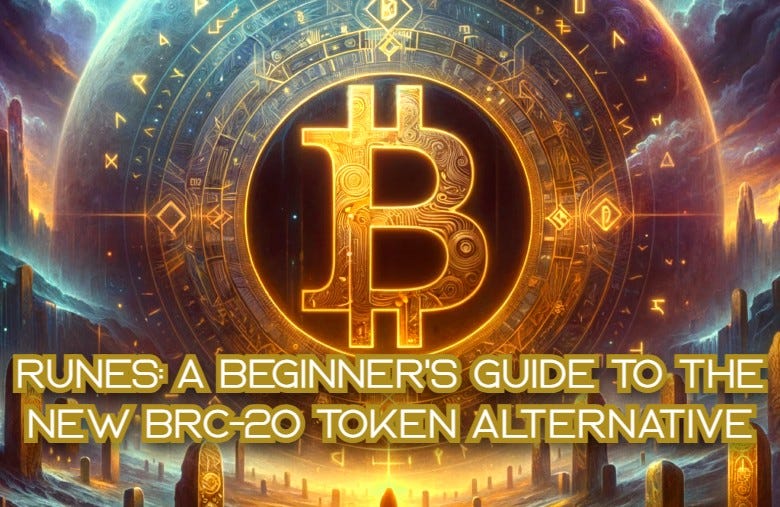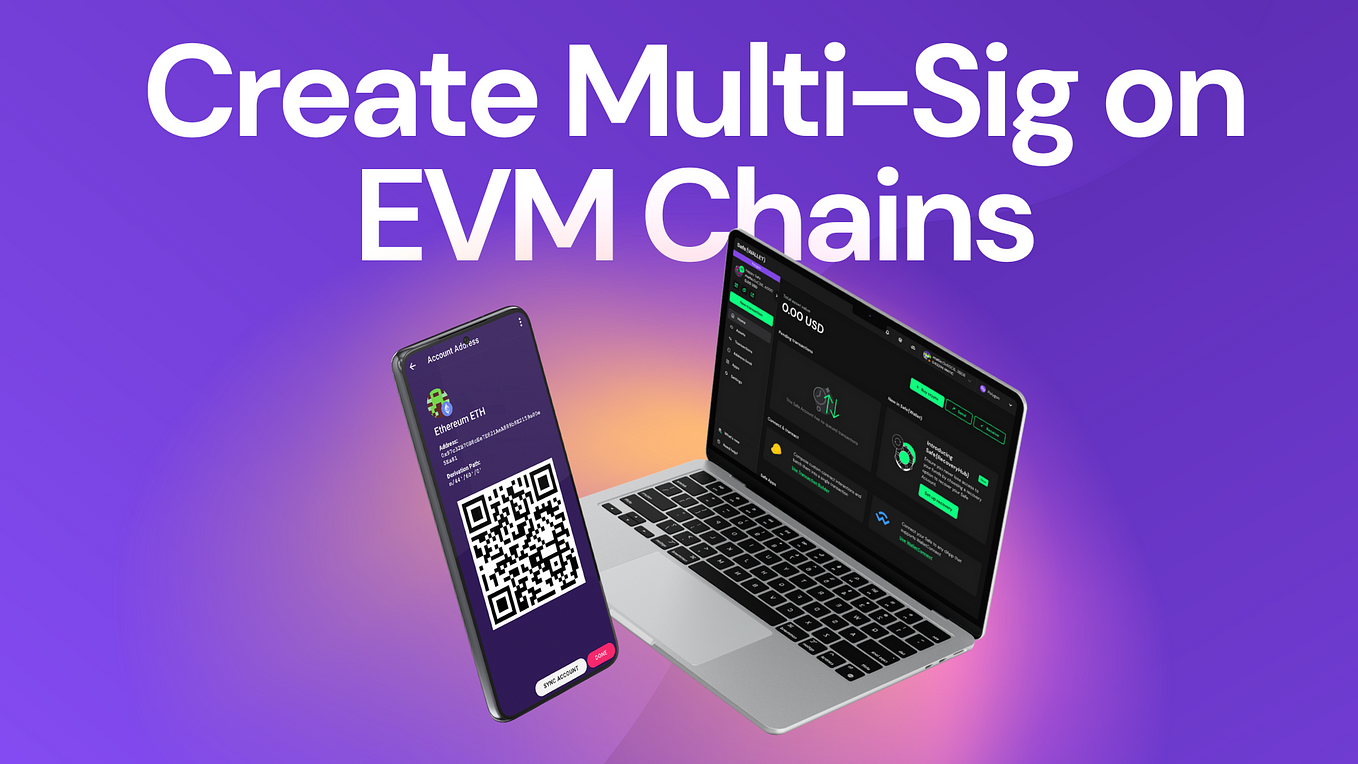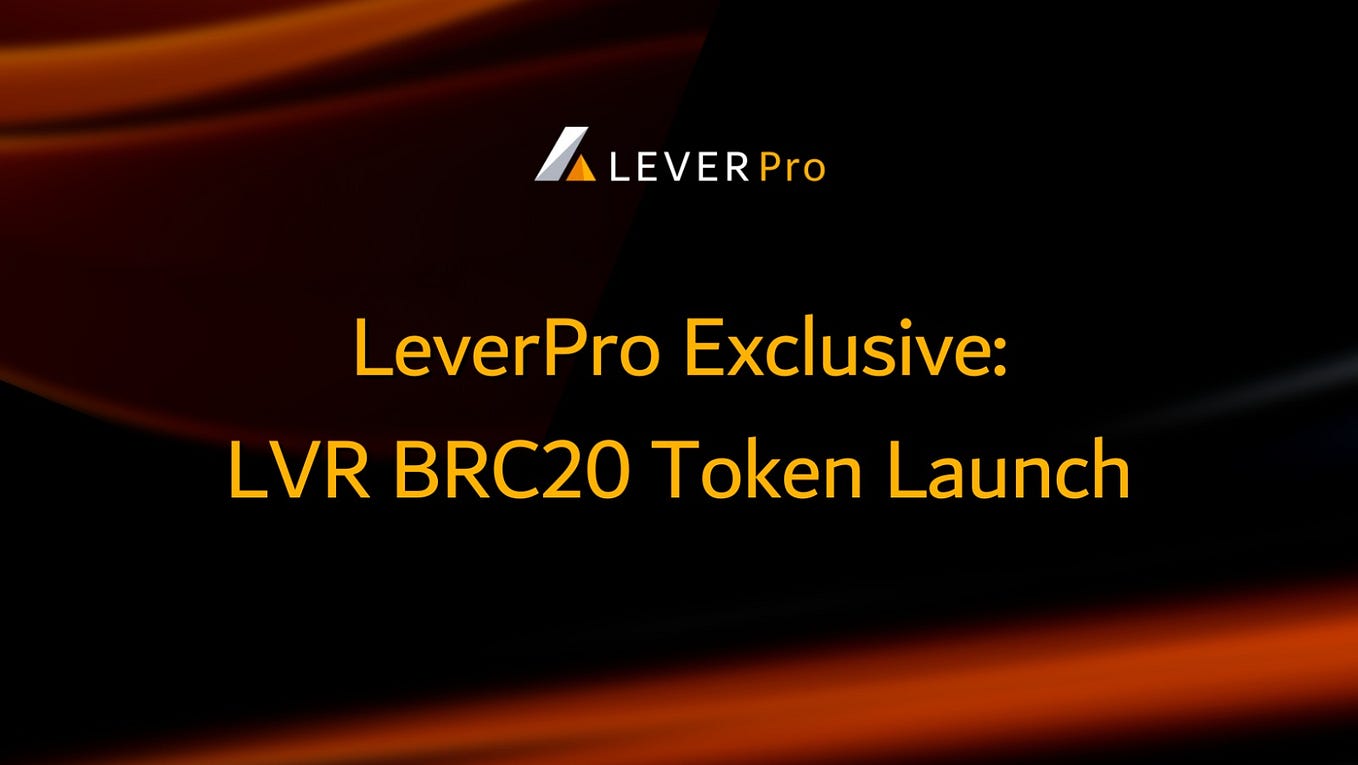Reserve Protocol Community AMA #9
This article is a summary of the AMA between the Reserve Community, Nevin Freeman (CEO of Reserve Protocol) and Matthew Gertler (General Counsel of Reserve) in our Telegram Group.
For a summary of the previous Voice AMA see here.
The following text was edited for clarity.
1. Introduction
Community
How will the new RSR released affect the market?
Nevin Freeman (CEO of Reserve Protocol)
It comes down to what you expect in terms of demand and any other factors that could impact the market this year, as well as how much you trust the core team to act responsibly.
We’ve discussed in our announcement how we would go about deciding whether or not to sell these tokens, and how we would passively offer them if we decided to do so. So, you have to make your own judgement on that.
That’s the exact purpose of the slow wallet and announcements — so that you all have plenty of time to decide to get off the bus if you don’t like how we are going about deploying the treasury.
Community
You said that Reserve has a big cash runway for years to come. Why would you then sell tokens to mint RSV instead of using the company’s money ?
Nevin Freeman (CEO of Reserve Protocol)
We’d like to have the option to pay to supercharge growth, while still maintaining our responsible operational budget.
There is some risk involved. Again, that’s why we pre-announce these moves, so everyone can decide for themselves whether to participate or not.
I spent some time talking about the PayPal example because it illustrates the gamble they took, how much money it was, and what they got out of it. So you can see roughly what we would be aiming for if we end up doing that.
Community
Any positive messages?
Nevin Freeman (CEO of Reserve Protocol)
I’m not here to convince anyone to speculate on RSR!
As for why people do, I think they tend to like bigger picture of what we are doing, and appreciate the progress we have made so far in a domain that most other crypto projects haven’t even touched — making cryptocurrency practically usable and useful for regular people who live in countries with currency issues.
Community
We see many crypto projects announcing a lot of partnerships etc. When will we see Reserve protocol working with other tech companies?
Nevin Freeman (CEO of Reserve Protocol)
To be totally forthcoming here… we think a lot of crypto “partnerships” are pretty meaningless, and are just a way to create a shilling point for everyone to buy more tokens.
We certainly will work to partner when it actually makes sense for the project, but we decided early on that we would not do pretend partnerships. So, when we do end up announcing things like this they will probably be real and exciting, but they won’t happen as often as many crypto projects do them.
Community
When will Reserve App be available in the USA and how does XRP suit effect that?
Matthew Gertler (General Counsel of Reserve)
We are focused predominantly on Latin America at the moment.
XRP suit has no affect. The app uses RSV, and we are confident that a stablecoin cannot be a security.
The reasoning is the third prong of the Howey Test: “expectation of profits”. It is hard to argue that people are purchasing a stablecoin with an expectation of the price to increase
Community
You said Reserve is not talking to Coinbase and aiming for a US exchange listing. What if Coinbase decides to list RSR by themselves? Like they added to Custody.
Matthew Gertler (General Counsel of Reserve)
Nothing we can really do to stop it.
2. Reserve App
Community
How is Reserve pursuing mass adoption in Venezuela?
Nevin Freeman (CEO of Reserve Protocol)
In Venezuela, when people try the Reserve app, they keep using it.
It’s not like switching from Venmo to Cash App, where you already have something that does basically the same thing. It’s really a fresh and new thing, since you ordinarily can’t convert your local currency in and out of USD so quickly and cheaply. So, we have gone to where the service is most needed, and in that context you don’t need partnerships or endorsements to get people to use it, because they actually benefit a lot from it.
Reserve App is at the moment accepted in more than 400 businesses in 75 cities in Venezuela, Colombia and Panama. This includes various places from stores and fast food restaurants to real estate agencies, with new merchants added daily. You can see the current list here:
Community
Onboarding 500 new beta testers in a few days is exciting but daunting! Any specific challenges or learnings from this process? Anything that needs to happen after to get to 1000, 10000?
Nevin Freeman (CEO of Reserve Protocol)
Our scaling challenges include:
• Automation of fiat transactions for the on/off-ramp. This is going well, we have several Venezuelan methods automated in production, and we are tuning the systems to handle error cases and so on. We will need to automate other payment methods as well.
• Order book logic for liquidity providers. We still haven’t had time to begin implementing this upgrade, but it’s also less urgent. We need it in order to get to 100k active customers (which is the internal milestone we are currently oriented around), but it’s less urgent than some other things.
• A bunch of slamm things that cause transactions to require the manual support of our team. We are churning through these items now.
As you can see on Twitter we have a lot of people who want to get in, so as we handle these barriers we can increase the number of users we let in. We all really want to do that as fast as we can!
Community
In USD terms, how large will the referral incentives be for Reserve app users to share the app? $10?
Nevin Freeman (CEO of Reserve Protocol)
This is a value that I anticipate testing and tuning. You want to figure out the lowest amount that still incentivizes enough, so that the budget can be used as efficiently as possible.
Community
Venezuela’s population is about 29 million, making 10 million users an incredibly ambitious goal. what’s the reasoning behind this number?
Nevin Freeman (CEO of Reserve Protocol)
It’s not a very carefully reasoned goal — it just represents the idea that 1/3 would mean a real critical mass.
For comparison, I think Cash App is around 1/10 in the US. But, what we are offering is much more unique and vital than Cash App is in the US. So, while I don’t know if it’s possible, it’s what I’m aiming for.
Community
Do you plan to directly compete with competitors like Cashapp? If so, can you tell us how you compare and what you plan to offer?
Nevin Freeman (CEO of Reserve Protocol)
In the near term, we are focused on markets that Cash App and others don’t touch, since our platform can operate smoothly under capital controls.
In the longer term, I do anticipate competing. How? In terms of raw features, we have the potential to offer service in all countries of the world, with fewer regulatory barriers.
Most financial apps are pretty restricted in where they operate. We also may aim to compete in terms of the subtle nuances of features, but that’s a more speculative idea currently.
Community
Do you feel DeFi adoption is currently hindered due to lack of UI/UX? We have noticed Reserve is focused a lot on a great UX experience.
Nevin Freeman (CEO of Reserve Protocol)
DeFi comes with strong money making incentives, so is well adopted by speculators. We are doing something pretty different from DeFi circa 2020, in that we are offering a financial platform for everyday use.
UX is crucial there for sure!
3. Protocol
Community
Who are the arbitrators, what role do holders of RSR play if the RSV goes below or above 1 dollar?
Matthew Gertler (General Counsel of Reserve)
The arbitragers could be anyone.
When RSV is trading above $1.00 on exchanges, any excess RSV tokens in the protocol (from collateral appreciation, transaction fees, etc) can be purchased from the Reserve smart contract by RSR holders exclusively for $1.00 worth of RSR.
For example, say RSV was trading at $1.02. In this scenario, participants could buy $1.00 worth of RSR on an exchange.
If there is excess RSV in the Reserve vault, RSR holders could then use the $1.00 worth of RSR to purchase the stablecoin through Reserve’s smart contract.
Once in possession of RSV, these token holders could go back to an exchange and sell the RSV at market price, making a profit of two cents per token. When RSV traded below $1 on exchanges, arbitragers can purchase it on the exchange and redeem it with the Reserve Protocol for $1 worth of collateral.
Community
Is the team seeking long-term stable holdings over short-term bills? And low volatility over immediate returns?
Matthew Gertler (General Counsel of Reserve)
Right now we are focusing on growing RSV adoption rather than fiddling with the collateral composition.
Since the amount of RSV in circulation is low relative to where we want it to be in the future, the value of changing vault collateral in the short term doesn’t meaningfully help the project
Community
When will mainnet be live?
Nevin Freeman (CEO of Reserve Protocol)
Mainnet launch refers to the point in time where the protocol will start functioning as described in the whitepaper and when arbitrage with RSR will finally be enabled, which means RSR holders will be able to tap into the protocol’s revenue.
We plan to launch mainnet once we see RSV having a strong enough uptrend in adoption. We expect this to happen in 2021. The reason to wait until this point is to minimize the impact of the mainnet unlock.
Keep in mind that Reserve’s success isn’t determined by how early we launch mainnet but rather it is a function of how big RSV adoption is and how fast is growing as this is where the real value of the project and RSR come from.
Community
If RSV gets fully decentralized and the USD at an estimated 2% rate (granted feels like more ) inflation per year does that mean simply holding RSV will give you 2% more buying power over the USD? What is your vision when fully decentralized
Nevin Freeman (CEO of Reserve Protocol)
If we successfully created a basket that maintained purchasing power perfectly, then yes we would get this result.
Only time will be able to tell for sure, because we (a) have to see what gets tokenized and what ends up possible for a protocol that can’t itself pass KYC to hold, and (b) how well we can structure decentralized governance to allow for managing the basket effectively over time. (Remember that decentralized governance is hard, and we have not claimed to have solved it yet!)
Community
What is your current train of thought as to how you would like the protocol to allow decentralized entities to vote on decisions?
Nevin Freeman (CEO of Reserve Protocol)
We haven’t been working on decentralized governance recently as we have been fully product focused.
We still think that pure token voting is probably too easy to manipulate, and that the right direction is some degree of reputation tracking and power delegation to actors with high reputation. But, we’re not sure yet.
Community
I know you plan to implement a layer 2 solution, but it’s still a cost that isn’t currently part of the system right? Can you continue to offer such competitive rates once transactions are on chain?
Nevin Freeman (CEO of Reserve Protocol)
Depends on which L2, but all of the options we have looked at seem like they will have quite low gas fees. I could imagine it ending up a problem for small (e.g. $1–5) transactions if those fees swell to larger than the ecosystem anticipates. But this is something we are focused on when evaluating L2 options and we will do our best to keep transactions super fast and cheap.
Community
Do meta transactions also enable lower Ethereum fees in general or does it only change who pays the fee? How can the issue of high Ethereum transaction fees be solved? I believe Layer-2 solutions can help in this right?
Nevin Freeman (CEO of Reserve Protocol)
Correct, meta transactions only change the currency you pay gas in to RSV. L2 is needed for on-chain transactions in the app to be cheap.
Community
Any progress on the hiring over the past 3 months?
Nevin Freeman (CEO of Reserve Protocol)
We have a very full pipeline of engineers at this point. I have 2–6 calls a day with candidates, which has been great. So far the only two that have made it to final interviews didn’t pass, but the number who are looking good is growing.
We’re also reaching out directly to a lot of people who haven’t applied — sometimes you get the best people that way, even thought it takes some convincing.
4. Regulatory Environment
Community
Has your team done an analysis on if RSR passes the Howey test or not?
Matthew Gertler (General Counsel of Reserve)
We have our own internal analysis. While we don’t think it’s a security, it is far from clear. Rather than risk being wrong, for the time being we are keeping liquid RSR out of the US market. With regards to the sale on Huobi, we believe we did it in compliance with US security laws just to be safe
Community
In light of this renewed regulatory focus by SEC/FinCEN, is Reserve Team doing or planning to do anything differently? Regulatory outreach, secondary legal opinions, enhancing or expediting any projects within the regulatory space, etc.?
Matthew Gertler (General Counsel of Reserve)
Nothing has really changed for us. The SEC is doing what it’s always been doing: punishing people for violating securities laws. I don’t think we’ve violated any security laws, so the new SEC focus doesn’t really impact us
Regarding FinCEN, there hasn’t been any change to rule yet, so nothing has changed for us at the moment. We are very disappointed in how short a comment period was given for the proposed rule change, and are hopeful that it will be withdrawn/blocked/overturned by FinCEN/courts at the very least on procedural grounds. However, if the rule change does take affect, as a MSB registered with FinCEN, we will be required to follow it.
Community
Is Paul Atkins and the legal team working on a contingency plan if RSR is labelled a security? Is registering RSR an option?
Matthew Gertler (General Counsel of Reserve)
We do not generally comment on legal strategy. However, I will say that we believe we conducted the Huobi offering (and other offerings) in compliance with the securities laws.
Although we did not think RSR was a security, we took steps in the Huobi offering to comply with Reg S in case it was ever later labeled a security.
Community
Are any of the activities of Reserve considered a regulated financial institution and subject to possible new KYC requirements?
Matthew Gertler (General Counsel of Reserve)
We are a registered MSB with FinCEN so we would have to comply with any rule change. However, this seems a lot like midnight rulemaking, and I’m hopeful it will be withdrawn by FinCEN or blocked by a court for not following the normal procedures for making a rule change
Community
Are you able to disclose how Reserve categorize the crypto risks in certain countries at a very high level?
Matthew Gertler (General Counsel of Reserve)
Venezuela is probably the riskiest country from a legal perspective where we are legally allowed to operate. The country is part of the US OFAC’s selective sanctions regime, which you can read up on if interested. Our KYC/AML program was designed specifically for Venezuela so it should be good enough for wherever we go (of course this would be confirmed prior to going)
Venezuela is probably the riskiest country from a legal perspective where we are legally allowed to operate. The country is part of the US OFAC’s selective sanctions regime, which you can read up on if interested. Our KYC/AML program was designed specifically for Venezuela so it should be good enough for wherever we go (of course this would be confirmed prior to going)
Our KYC/AML program covers most of the risks you describe. That being said, this isn’t a program that has been signed off by a regulator, they don’t generally do that, but one that we created in conjunction with attorneys and consultants who specialize in OFAC and FinCEN. The problem with OFAC is that it is a strict liability offense. This means if we do something wrong, even if we were given fraudulent information from a user, we could be held responsible. Unfortunately there isn’t much we can do to mitigate the risk other than invest resources and time into compliance. Insurance companies generally won’t insure crypto projects
Community
What info are you able to share about your KYC/AML program without compromising confidentiality? I am interested in supporting protocols that have effective and forward-looking risk controls in light of the heightened regulatory attention on stablecoins in particular of late.
Matthew Gertler (General Counsel of Reserve)
The rules haven’t changed in the US. You need to be registered with FinCEN, which we are, and have a risk based compliance program designed to prevent money laundering and other illicit activity. We group customers into different groups based on the amount they’re allowed to transact and the risk we think they pose. Different groups provide different information which is then checked by our compliance team.
Community
Does the STABLE act proposal by US congress affect reserve protocol in anyway?
Matthew Gertler (General Counsel of Reserve)
I have little expectation that STABLE Act will get out of committee, let alone pass.
Community
How is what is happening to Ripple affect Reserve?
Matthew Gertler (General Counsel of Reserve)
What is interesting about the SEC / XRP news from a crypto law perspective is that there is no business activity I’m aware of that is regulated by both the SEC and FinCEN. PayPal is regulated as a publicly traded company by the SEC and as a money transmitter by FinCEN, but these are two different activities. Ripple Labs was fined by FinCEN in 2013.
However, the SEC has presented strong evidence that XRP is and/or was a security when it was sold to US people. I do not want to comment on the legitimacy of the SEC’s arguments but if we are going to accept their arguments, the question we keep getting on Telegram is how does this affect Reserve.
The answer is that it doesn’t have much affect on Reserve. We have neither sold liquid RSV or RSR to US purchasers, which is what Ripple is in trouble with the SEC over.
Community
If an American did buy RSR is it on the individual then? What are the ramifications if you know?
Matthew Gertler (General Counsel of Reserve)
An American couldn’t have purchased liquid RSR from us.
Any American would have acquired it on a secondary exchange. RSR does not trade on centralized US exchanges, so that person would have either had to spoof their location or acquire it on a decentralized exchange. Regardless, Reserve wouldn’t have any contractual relationship with the person who acquired the tokens on a secondary market. Liquid RSR is key here. US investors on our website acquired rights to tokens that won’t be distributed to the investors until at least mainnet launch
5. Miscellaneous
Community
What are your thoughts on how this GME saga is going to effect crypto/DeFi?
Matthew Gertler (General Counsel of Reserve)
I think the crypto community will shout this is why things need to be decentralized. The current state of things in crypto doesn’t really bridge to the equity markets so I don’t think there will be significant change there. Many people buy crypto on Robinhood and expect they will lose customers to Square and other FinTech companies that enable crypto trading.
Community
How do you think this ends for Robinhood and their institutional buddies? Will they get away with it and push people to crypto, or will free markets prevail and let them sink?
Matthew Gertler (General Counsel of Reserve)
Personally, I think it’s awful what they did, but I don’t know that it will materially impact crypto. Stocks are pretty decoupled from crypto although a decade from now I don’t expect that to be the case.
Community
When was it you first developed an interest in crypto? Was it initially as an investor, and then this interest led you to co-found Digital Asset Research? What was it that attracted you to working for Reserve, and have been involved since the start of this ambitious project?
Matthew Gertler (General Counsel of Reserve)
Summer 2013 I was a legal intern at Venmo and fell in love with fintech.
Largely because I was on a rocket ship of exponential growth and thought this is really fun. That Fall the BitLicense was first proposed and I submitted comments fighting against it.
Ever since I’ve been interested and involved in crypto on some level. The first couple years were predominantly educating myself though
Community
Is there anything we can do to help you with the project? Or other tasks you and your team is working on?
Nevin Freeman (CEO of Reserve Protocol)
We will be releasing a referral tracker website for engineer recruiting soon. I will tweet about it.
When we do that, please participate and spread the word far and wide! You could earn significant money helping us find the top talent, and even if you yourself don’t find the people we hire, if you are part of the chain of referrals you will get a cut of the bounty. I look forward to seeing how this system works in practice.
📕 Would you like to know more about Reserve? Read about our protocol and study our whitepaper.
🔊 Looking for the latest news? Follow our Website, Twitter, LATAM Twitter, TikTok and Blog for updates.

